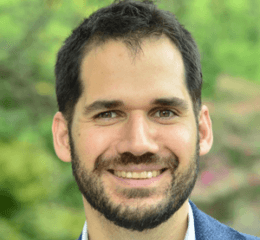Grant Category
The Labor MarketHow does the labor market affect equitable growth? How does inequality in turn affect the labor market?
The labor market is one of the most important institutions determining economic growth and its distribution, as labor income is more than two-thirds of national income. Skill levels and the efficient matching of skills to jobs are key for economic growth. Yet the labor market is not a perfectly competitive market, but rather one that is regulated by a wide array of institutions that affect labor income and its distribution.
We need a better understanding of the two-way link between equitable growth and the labor market. How does the labor market affect equitable growth? How does inequality, in turn, affect the labor market?
- The effect of the labor market on equitable growth
- The effects of inequality on the labor market
- The effects of productivity on the labor market
Explore the Grants We've Awarded
Sectoral bargaining and spillovers in monopsonistic labour markets
Grant Year: 2021
Grant Amount: $15,000
Grant Type: doctoral
The Effect of Government Safety Enforcement on Workers: Evidence from Linked Employer-Employee Data
Grant Year: 2021
Grant Amount: $65,000
Grant Type: academic
Finding Work with Carceral Credentials: Peril and Paradox
Grant Year: 2021
Grant Amount: $15,000
Grant Type: doctoral
Power and Dignity in Low-Wage Labor Markets: Evidence from Wal-Mart Workers
Grant Year: 2021
Grant Amount: $50,000
Grant Type: academic
Walmart Supercenters and Monopsony Power: How a Large, Low-Wage Employer Impacts Local Labor Markets
Grant Year: 2021
Grant Amount: $15,000
Grant Type: doctoral
Unequal Protections: Regional Disparities in Labor Standards Policies, Enforcement, and Violations
Grant Year: 2021
Grant Amount: $85,000
Grant Type: academic





